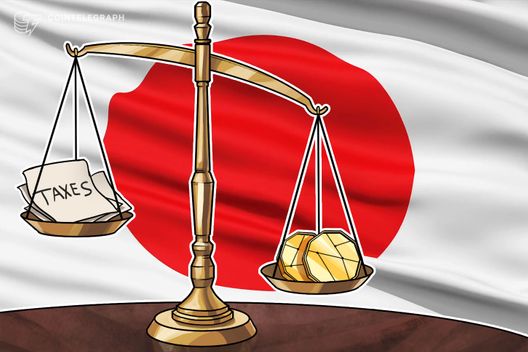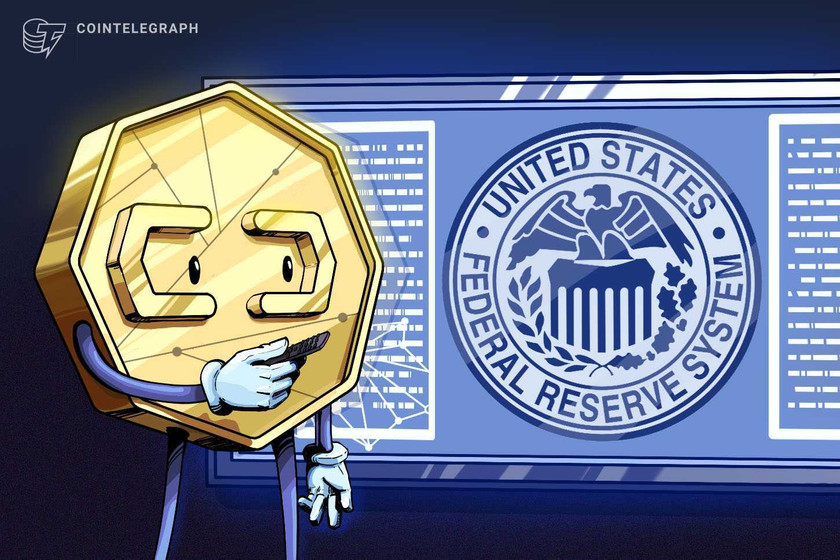Chances of Indian Crypto Ban Low Compared to 2019, Says Crypto Veteran
News about the Indian Ministry of Finance circulating a “note” for inter-ministerial consultations of cryptocurrency regulations spurred panic within the Indian crypto community. Worries about the 2019 draft bill proposing a blanket ban of cryptocurrencies and possible 10 years sentences for crypto users had kicked in once again.
In an interview with Cointelegraph, Ashish Singhal, the founder and CEO of Indian cryptocurrency exchange CoinSwitch, said that the chances of the government placing a blanket ban on digital currencies has reduced considerably as compared to 2019.
Singhal said that in 2019, when the draft bill was proposed, the possibility of a ban seemed high due to the lack of support for cryptos from the central bank, the Reserve Bank of India. To add to that, there was a crypto banking ban already in place and things looked quite uncertain, he added.
This year, things are different. The reversal of RBI’s banking ban by the Supreme Court in March, followed by the central bank clarifying that financial institutions were no longer prohibited from providing services to crypto-related entities, shows a change in the way cryptos are perceived in India, highlighted Singhal:
“Right now, the proposed draft bill has a low probability of passing. There are smart people in the government who would take the right steps forward rather than just banning cryptos altogether.”
Regulations are important for user protection and the industry’s growth
The primary issue that keeps the government skeptical of the digital currency space are cases of fraud and thefts, Singhal said. This makes it even more important for the government to bring better rules and policies for this industry and strengthen user protection. That is the end goal, he said.
Reflecting on the possibility of a crypto ban, Singhal stated that banning cryptocurrencies will certainly be easier compared to bringing the right regulations, but it will only curb legal activities while illegal actors may still be able to continue their business.
Hence, he said, proper regulations will majorly benefit the legal side of crypto and blockchain businesses.
Governments must take a step-by-step approach
At present, the blockchain and crypto industry only contribute a minuscule amount to the Indian economy, and hence, banning cryptos might not impact the economy instantly. However, according to Singhal, it is a booming industry and its cumulative impact over the years could actually cause a huge loss of opportunities for foreign investments and more jobs.
To that end, he stated, no one right now can be extremely sure of how to regulate the crypto industry, so governments must take a step by step approach, first ensuring the safety of users and their funds, then defining specifically securities, utilities, and tokens, and guiding users in the right direction. In the end, he said:
“It will take time. A single regulation or a single bill will not change everything.”









